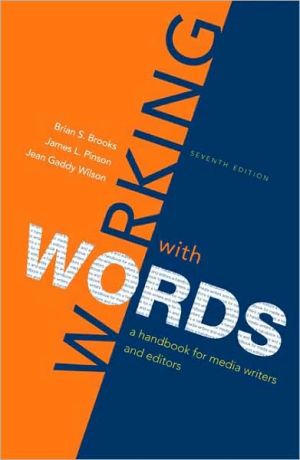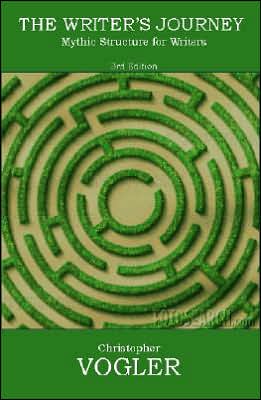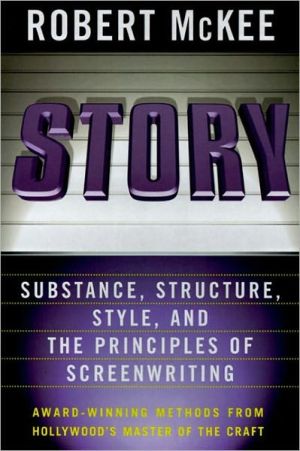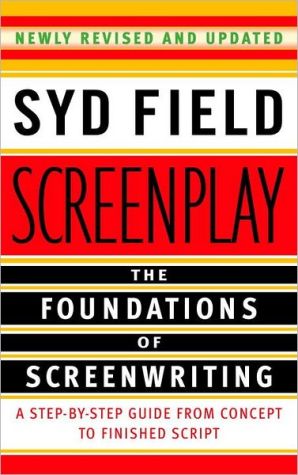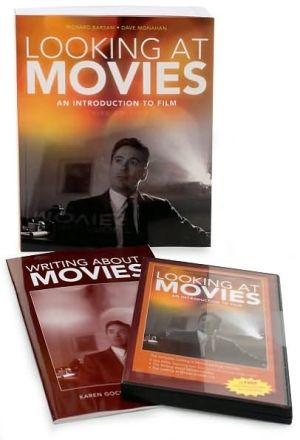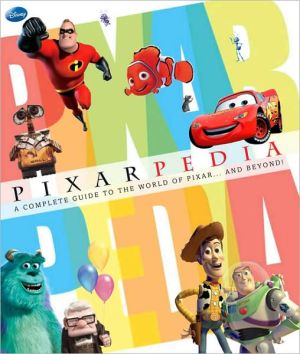Working with Words: A Handbook for Media Writers and Editors
For anyone who works with words - especially journalists, writers and editors - this book belongs next to the dictionary and style manual on your reference shelf. Working With Words is a concise, thorough and up-to-date guide to grammar and usage that addresses the problems professional writers encounter every day. First, the authors review the basics of grammar and answer common questions about subjects and objects, verbs, modifiers, connecting words, sentences and punctuation. The book then...
Search in google:
Written for journalists by journalists, Working with Words provides the examples, exercises, and rhetorical advice the Associated Press Stylebook does not. The ideal reference for journalism students, the sixth edition focuses on improving grammar and style by offering more grammar help, more on ethics, and more on writing for online media.
PART I. GRAMMAR AND USAGE 1. Grammar Basics Using Standard English Talking Shop Key Principles of Grammar Web Resources: Grammar Help2. Phrases, Clauses andSentences Phrases Clauses Restrictive Versus Nonrestrictive Sentences Sentence Errors3. Subjects and Objects Kinds of Subjects Kinds of Objects Common Nouns Versus Proper Nouns The Forms Nouns Take Pronoun Person, Number and Gender Pronoun Cases Relative Pronouns Pronouns Ending in Self or Selves Verbal Nouns: Gerunds and Infinitives4. Verbs Helping Verbs Versus Main Verbs Transitive Verbs Versus Intransitive Verbs Tenses Sequence of Tenses Making Verb Tenses Agree Active Voice Versus Passive Voice Mood Nouns Used as Verbs Verbals5. Making the Parts Agree Subject-Verb Agreement Conjunctions Collective and Uncountable Nouns Other Confusing Nouns Indefinite Pronouns Intervening Nouns and Pronouns Subject and Predicate Nominative in Disagreement Pronoun-Antecedent Agreement Making Sentences Parallel6. Modifiers and Connecting Words Modifiers Comparative Forms of Adjectives and Adverbs Adjectives Versus Adverbs Coordinate Adjectives Versus Compound Modifiers Articles Sentence Adverbs Participles Double Negatives Interjections Connecting Words Prepositions Conjunctions Conjunctive Adverbs7. Getting Words in the Right Order Misplaced Modifiers Adverb Placement Less Confusing Jumbled Words Orders8. Usage: Finding the Right Word Misused Words and Mistaken Phrases Confused WordsPART II. MECHANICS 9. Punctuation Commas Quotation Marks and Other Problems of Quoting Semicolons Colons Dashes Parentheses Hyphens Apostrophes Slashes Periods, Exclamation Points and Question Marks10. Spelling Relief Spelling Rules Words Often Misspelled Hyphenation as a Spelling Problem American vs. British SpellingPART III. STYLE 11. Writing as a Journalist Keys to Good Journalistic Writing Clarity Correctness Web Resources: Writing Help12. Conciseness Tightening What to Tighten, A to Z Web Resources: Concise Writing13. Sexism Racism and Other "Isms" Don't Be Ridiculous Language Turns to the Future New Players in the New Millennium A Brief History of "isms" Future Realities: More Language Transformation Coming Dealing with Reality The Nonbias Rule Symbolic Annihilation Dumping Today's Stereotypes Web Resources: Sensitive LanguagePART IV. WRITING METHODS FOR DIFFERENT MEDIA14. Writing News That's Fit for Print News Leads Pick the Best Angle Hard-News Leads Problems with Hard-News Leads Soft-News Leads Soft-News Clichés What Comes After the Lead? Web Resources: JournalismReviews15. Writing News for Broadcast Print vs. Broadcast News Do Broadcasters Have to Know Grammar? Broadcast Hard-News Leads Broadcast Story Structure Broadcast Style Summary Web Resources: Broadcasting16. Writing for the Online Media Online Media are Unique Writing and Presenting Online News Online Media vs. Traditional Media Web Resources: Online MediaAppendix: Wire-Service Style Summary Abbreviations and Acronyms Capitalization Numbers Web Resources: Associated Press StyleBibliography Index
